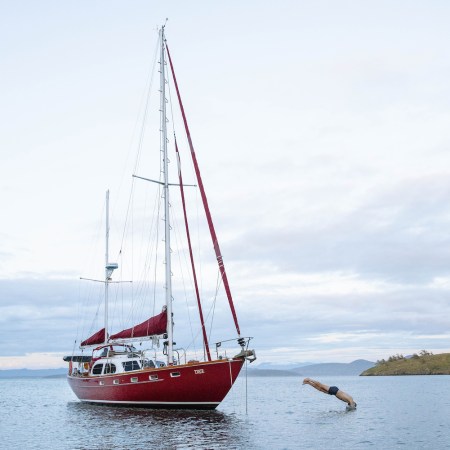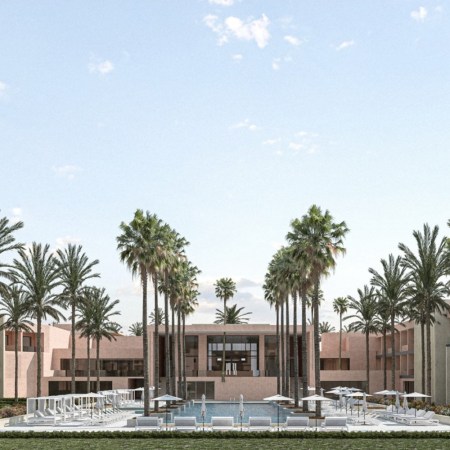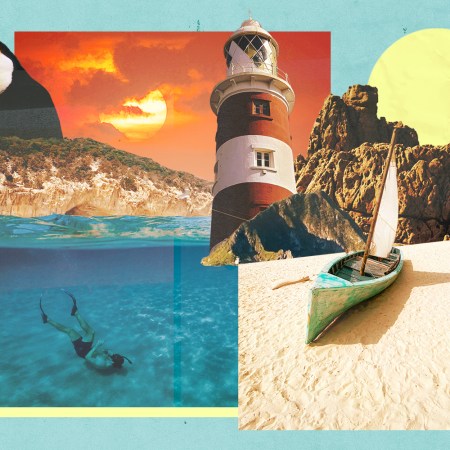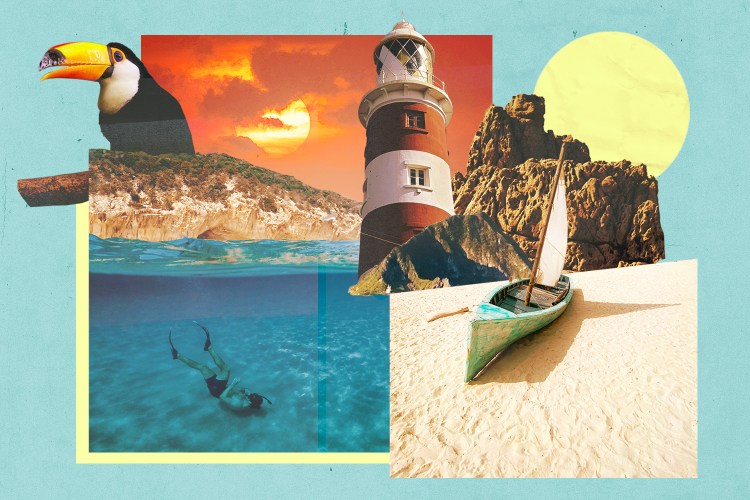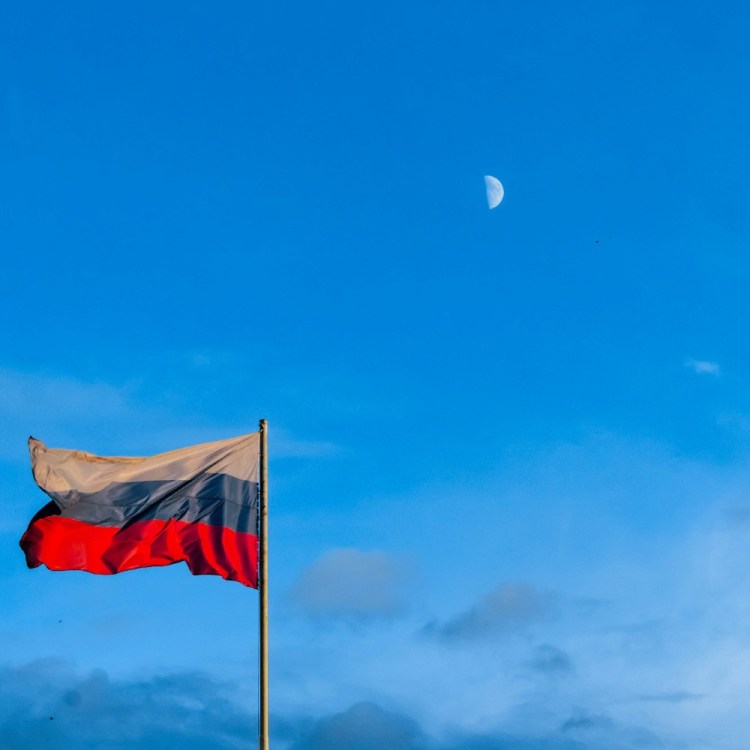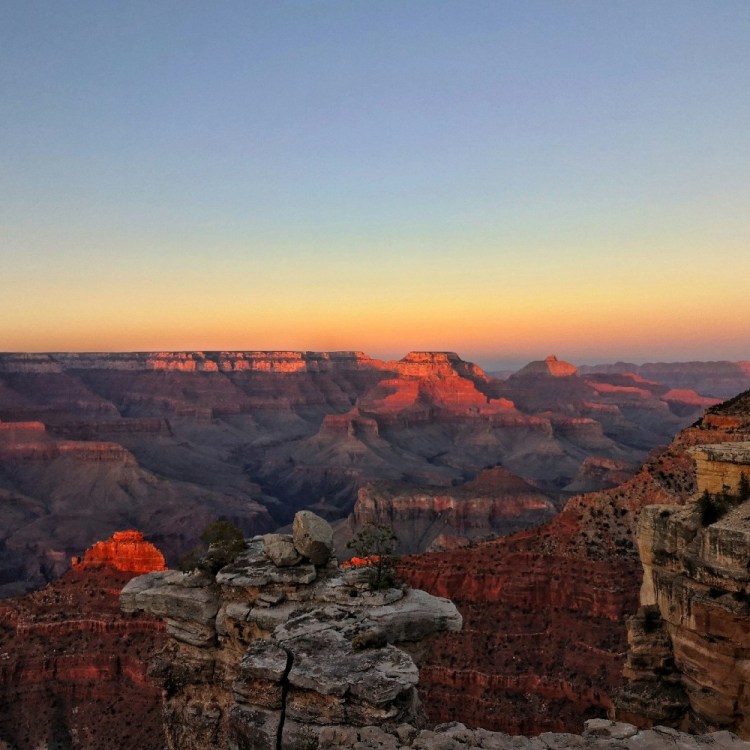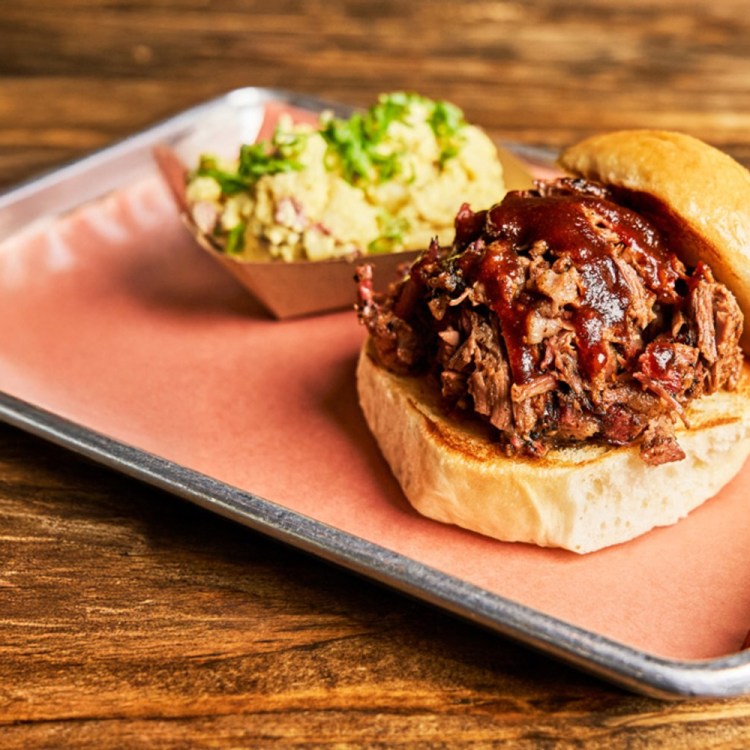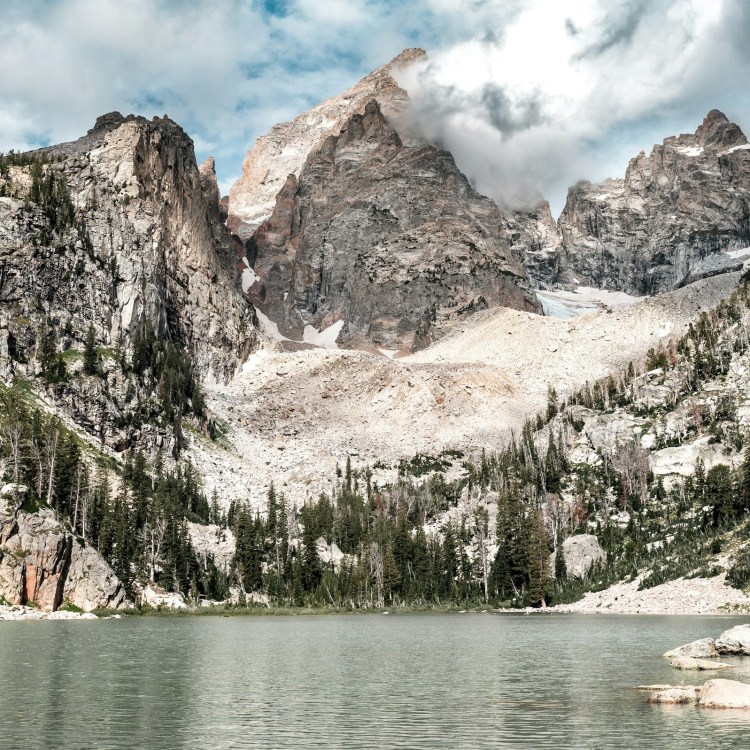You’ve got your sustainable food. Your sustainable clothing. Your sustainable self-powered floating boat house.
But not all things sustainable are physical. To wit: “ecotourism,” or travel that encompasses destinations, tour groups and resorts that invest the money you spend back into the people, wildlife and land that allow their existence in the first place.
We recently went on safari with one such outfit, &Beyond. They hosts travelers at several spots in South Africa, which is incidentally a really good place to journey right now: the Rand has been in freefall since 2012 and is currently valued at less than a cent.
What did we learn there? A) It’s the trip of a lifetime, and every traveler should have one on their to-do list, and B) You should go out of your way to book through a company that makes big contributions to the community it inhabits.
Here are three things to know before you start planning.
(Ed. note: while we can only personally vouch for &Beyond’s service and methods, Fodor’s has a great breakdown of 10 of the most popular safari operators and the extent of their philanthropical efforts.)
On the experience…
The first thing you should know about ecotourism is that at the experiential level, it’s completely indistinguishable from normal tourism. As in: all creature comforts were intact. The cabins had cloud-like beds, indoor-outdoor showers and giant soaking tubs. The rangers were PhD-level smart, the trackers could spot a lion’s footprint from twenty feet away. The lodge served delicious, wholesome cuisine, sundowners and also sunuppers, the latter of which we were unfamiliar with but are now very avid proponents of.
On the relationship between safari operators and the communities who host them…
&Beyond, like many safari operators, does not actually own any of the splendorous landscape upon which they host their guests. The people of the area do. The company has an exclusive land lease, and pays rent to the local tribes. For instance, the Phinda Game Reserve features 22,460 acres of pristine wildlife preserve for which andBeyond holds a 72-year lease.
On where your money goes…
&Beyond’s rent money goes to the Africa Foundation, which gives the money to tribes that own the land: the Makhasa and the Mugabekazi. That money pays for things like schools and infrastructure, and it’s a much more lucrative use of the land than, say, farming would be. You can find a full breakdown of &Beyond’s values and philanthropical efforts on their website, host scientists to study the animals on their preserves, build structures that have a low impact on the land and teach locals how to do the same.
Moral of the story if you’ve ever considered the safari, make a difference while you’re at it.
But make haste — economists don’t expect that generous exchange rate to last.
This article appeared in an InsideHook newsletter. Sign up for free to get more on travel, wellness, style, drinking, and culture.
